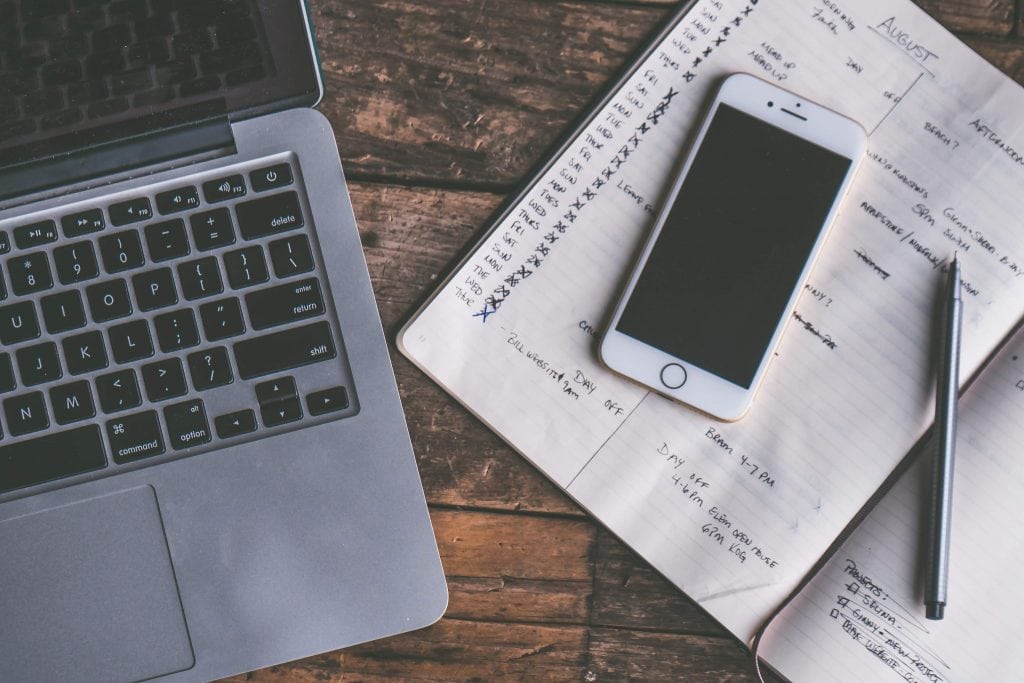Apparently you’re reading this article. Good to have you here. But what else are you doing? Be honest. Checking your email? Talking on the phone? Listening to a podcast?
In our information-saturated and multi-device world, it’s become difficult to focus your attention on just one thing. In fact, juggling several things at once, whether it be in your personal or professional life, is often seen as a mark of success, as the side-effect of being hyper-productive and in-demand.
But studies show this isn’t so. We’re increasingly realising that doing too many things at once is not only less productive, it’s also detrimental to your wellbeing.
In a 2001 study, participants were asked to switch between multiple tasks and it was found that they lost significant amounts of time as they did so; the more complex the task, the more time lost. And while the time spent switching between tasks may at first seem paltry—a few tenths of a second—when added up over a day’s worth of multitasking, the effect can be significant. In another similar and more recent study, participants took longer to accomplish tasks when switching between them rather than repeating the same task.
It was found that people who considered themselves efficient multitaskers were actually the worst at sorting out important and relevant information from the opposite

Multitasking is managed in the brain by something called ‘mental executive functions’. Basically, these assess the tasks and determine the order in which they should be performed. Switch back and forth between too many tasks and these functions reach a kind of overload, after which your actual rate of production starts to decline. You become less thorough and start making mistakes. Not good.
In another study conducted by Stanford University in 2009, it was found that people who considered themselves efficient multitaskers were actually the worst at sorting out important and relevant information from the opposite. Not only that, their brains found it more difficult to switch between tasks and weren’t as efficient at organising information. Perhaps most disturbing, it was also concluded that even when multitaskers decided to focus on one thing at a time, their habit of multitasking had actually caused their brain to be less adept at performing a single task with complete focus.
If you recognise yourself as a habitual multitasker, it’s probably time to shed the idea that you’re being super productive and adopt the following approaches the next time you’ve got a lot on your plate:
- Write a to-do list, prioritising the most pressing tasks.
- If your tasks for that day are more than normal, factor in some extra time so you don’t feel rushed to get everything done.
- Use the 20-minute rule: devote yourself to one task for 20 minutes before switching to the next.
- Take advantage of downtime—sitting in traffic, waiting at an airport, riding the train—to address smaller, less important tasks.
- Don’t be afraid to take a break. Taking five or ten minutes to enjoy a cup of tea or coffee is not going to drastically disrupt your productivity.
- When you really need to focus, turn off your pop-ups and notifications.
As illogical as it may seem, single-tasking is likely to increase your productivity and save you time.
Do you think multitasking is counterproductive, or is it part of the reason for your success? Tell us below.
